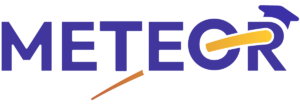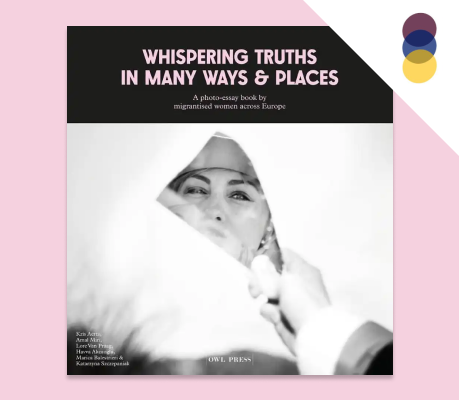 https://www.synyo.com/wp-content/uploads/SYNYO-NEWS-featured-image-NEW01009401EN.png
400
459
leo
https://www.synyo.com/wp-content/uploads/2017/09/synyo-logo.png
leo2026-02-01 13:41:502026-02-03 10:18:50GreenEsteem: Project for sustainable Nature-Based Solutions through Co-Creation Launched
https://www.synyo.com/wp-content/uploads/SYNYO-NEWS-featured-image-NEW01009401EN.png
400
459
leo
https://www.synyo.com/wp-content/uploads/2017/09/synyo-logo.png
leo2026-02-01 13:41:502026-02-03 10:18:50GreenEsteem: Project for sustainable Nature-Based Solutions through Co-Creation LaunchedMETEOR

METEOR kicks off: EU-funded programme to transform doctoral training and researcher skills
METEOR – Methodologies for Teamworking in Eco-Outwards Research – has officially launched to equip PhD students and early-career researchers (ECRs) with the transversal skills they need to thrive across academia, industry, and society. Over three years, the Horizon Europe project will develop cutting-edge online training resources and run two in-person METEOR Academies, fostering interdisciplinary teamwork and real-world impact.
Project background
Doctoral education often focuses on individual academic achievement, leaving limited space for teamwork, intercultural collaboration, entrepreneurship, and communication—the very skills demanded by today’s labour market. METEOR addresses these gaps head-on. The programme combines evidence-based training with participatory methodologies to reduce skill mismatches, strengthen career guidance, and support researcher wellbeing.
Core activities include:
- Co-created online and offline training resources on teamwork, intercultural competence, communication, and entrepreneurship.
- In-person METEOR Academies (summer-school style) and online peer mentoring.
- Interdisciplinary teams developing transdisciplinary research proposals aligned with the UN SDGs—evaluated and published as METEOR outputs.
Backed by 13 partners from Poland, Norway, Denmark, Finland, the UK, Italy, Cyprus, Spain, Austria, Georgia, Türkiye and Brazil, METEOR leverages strong ties with ministries and international networks to deliver lasting improvements in doctoral education and researcher development.
Project objectives
Over a period of 36 months, the METEOR project aims to achieve following objectives:
- Evidence-based innovation: Advance doctoral/ECR training with proven methods addressing societal challenges.
- Transversal skills training: Provide a co-created, interactive programme delivered online and in person.
- Policy impact: Produce actionable recommendations to inform institutional and governmental policies.
- Sustainable communication: Disseminate results widely and foster a global community of innovative researchers.
Project methodology and structure
METEOR is delivered through a coherent four-phase pathway that links the project’s method to its work-package structure. After a preparation phase that establishes the Data Management Plan and the Communication, Dissemination & Exploitation Plan while gathering baseline evidence (WP1, WP2), the consortium designs and tests co-created training resources on transversal skills (WP3) and recruits participants for the first in-person METEOR Academy, where interdisciplinary teams begin developing proposals aligned with societal challenges (WP4). Building on this, a second Academy deepens practice and evaluation as teams refine proposals online and the project assesses learning outcomes and anticipated longer-term effects on careers and doctoral education (WP4 with inputs from WP2). Throughout, ethics, open science and equality standards are ensured (WP7). The final phase translates findings into policy briefs and recommendations and sets up sustainability measures—supported by targeted communication and exploitation—to extend access to METEOR resources beyond the grant (WP5, WP6). In short, evidence informs training design; training is implemented and evaluated in authentic settings; and results are amplified through policy engagement and sustained communication, creating a continuous loop from insight to impact.
Providing an outlook with METEOR impact
METEOR will strengthen employability, interdisciplinary collaboration, and societal impact among PhDs and ECRs—while supporting supervisors, institutions, and policymakers with evidence and practical tools. The project’s training resources and the post-project METEOR Career and Competence Centre will keep benefits available to learners worldwide beyond the grant period.
Links
https://cordis.europa.eu/project/id/101178320/pl
Keywords
Doctoral training, PhD, transversal skills, early-career researchers, interdisciplinary collaboration, research impact, Horizon Europe, policy, METEOR Academies




